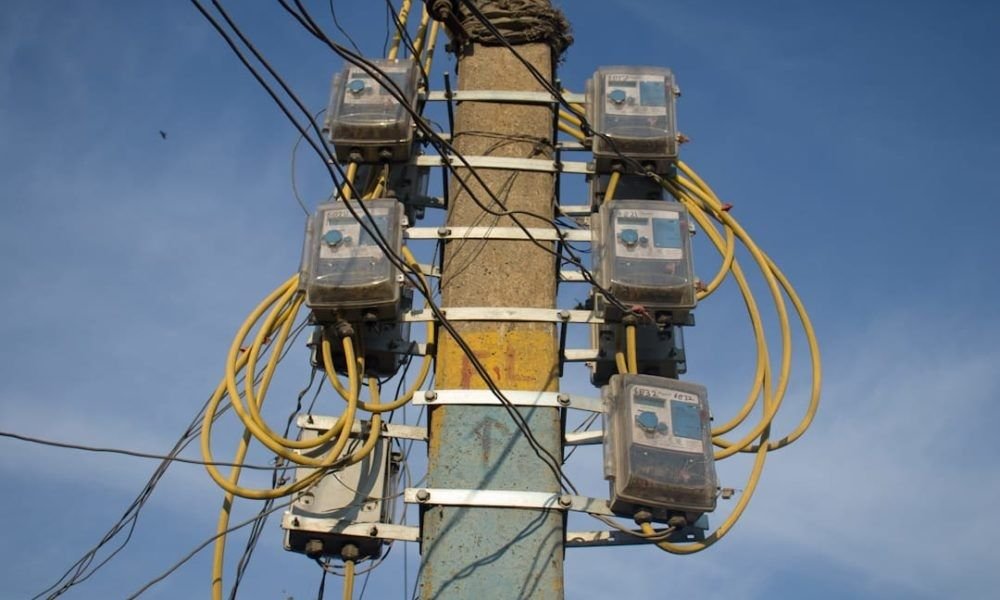When purchasing a property in Jammu and Kashmir, understanding the stamp duty and registration charges is crucial. These are mandatory legal fees paid to the government for property transactions and are essential for validating ownership rights. In this guide, we provide an in-depth breakdown of all applicable charges, factors affecting rates, processes, and exceptions in the Union Territory of Jammu and Kashmir.
What is Stamp Duty in Jammu and Kashmir?
Stamp duty is a tax levied by the government on legal documents, particularly during the sale or transfer of property. In Jammu and Kashmir, stamp duty rates vary depending on:
- Gender of the buyer
- Location of the property (urban vs. rural)
- Type of ownership transfer (sale deed, gift deed, etc.)
Stamp duty in Jammu and Kashmir is governed under the Indian Stamp Act, 1899, which became applicable after the revocation of Article 370.
Current Stamp Duty Rates on Property in Jammu and Kashmir
| Buyer Category | Urban Area | Rural Area |
|---|---|---|
| Male | 7% | 5% |
| Female | 5% | 3% |
| Joint (Male + Female) | 6% | 4% |
| Joint (Male + Male) | 7% | 5% |
| Joint (Female + Female) | 5% | 3% |
Note: Stamp duty is calculated on the circle rate or the transaction value—whichever is higher.
Read also: Jammu & Kashmir Ration Card – Apply Online, Check Status, and Make Modifications
Property Registration Charges in Jammu and Kashmir
Apart from stamp duty, a buyer must pay registration charges to register the property with the local Sub-Registrar’s Office.
| Type of Ownership | Registration Charges |
|---|---|
| Male | 1.2% of transaction value |
| Female | 1.2% of transaction value |
| Joint Ownership | 1.2% of transaction value |
These charges are uniform across urban and rural regions in Jammu and Kashmir.
Total Cost of Property Registration in Jammu and Kashmir
Here’s how the overall cost is calculated:
Example:
Property Value: ₹50,00,000
Buyer: Female (Urban Area)
- Stamp Duty = ₹50,00,000 × 5% = ₹2,50,000
- Registration Fee = ₹50,00,000 × 1.2% = ₹60,000
- Total Charges = ₹3,10,000
Stamp Duty for Gift Deed, Sale Deed, and Other Instruments
| Document Type | Applicable Stamp Duty | Additional Notes |
|---|---|---|
| Sale Deed | As per buyer category | Mandatory for sale transactions |
| Gift Deed | The Jammu and Kashmir government has announced an exemption on stamp duty for property transfers via gift deeds among blood relatives, effective April 1, 2025. | When transferring property without payment |
| Exchange Deed | 3% | Applies when properties are exchanged |
| Partition Deed | ₹1,000 per share | Fixed amount for family partitions |
| Lease Agreement (over 1 year) | 1% of total rent + deposit | Required for long-term rentals |
Process to Pay Stamp Duty in Jammu and Kashmir
- Determine the Property Value
Refer to the circle rate provided by the Revenue Department. - Calculate Stamp Duty and Registration Fees
Use applicable rates as per gender, location, and deed type. - Purchase Stamp Paper or e-Stamp
Visit the Stock Holding Corporation of India Ltd (SHCIL) portal for e-Stamping. - Prepare Sale/Gift/Lease Deed
Drafted by a lawyer or deed writer on a non-judicial stamp paper. - Submit to Sub-Registrar Office (SRO)/Tehsildar
Submit the documents, pay registration fee via challan, and present witnesses. - Biometric Verification & Document Scanning
Done at the SRO during document submission. - Collection of Registered Deed
Once verified and approved, the registered deed is issued within 2–5 working days.
Documents Required for Registration in Jammu and Kashmir
- Sale deed / agreement deed / gift deed
- ID proofs of buyer, seller, and witnesses (Aadhar, PAN)
- Passport-size photographs
- Property card or municipal tax bill
- No Objection Certificate (NOC) if applicable
- Payment proof of stamp duty and registration charges
- Power of Attorney (if any)
Consequences of Not Paying Stamp Duty
Failure to pay stamp duty can result in:
- Invalidity of ownership
- Penalties of up to 2% per month
- Legal disputes and litigation
- Inability to resell or mortgage the property
Stamp Duty Exemptions and Concessions
- Female Buyers
Reduced rates to promote women’s property ownership. - Senior Citizens
Additional concessions in specific rural regions (as notified). - Agricultural Land Transfers
Lower stamp duty when transferring ancestral farmland within the family. - Government Schemes
Certain housing projects under PMAY and J&K Housing Board offer lower registration rates.
Key Tips Before Paying Stamp Duty in Jammu and Kashmir
- Always verify the circle rate of the locality before calculation.
- Use government-authorized e-Stamp vendors or official portals.
- Cross-check deed values to avoid under-stamping or penalties.
- Ensure the sale deed is properly drafted and executed by a legal expert.
Read also: Know How to File an RTI Application Online in Jammu & Kashmir: A Step-by-Step Guide
Frequently Asked Questions (FAQs)
Q1. Can stamp duty be refunded in case of deal cancellation?
Yes, partial refund (up to 98%) is possible if no rights have been executed under the deed. Apply within 6 months at the Collector’s Office.
Q2. Is online property registration available in J&K?
As of 2025, biometric verification still requires a physical visit. However, stamp duty payments and slot bookings can be done online via official portals.
Q3. Are stamp duty rates uniform across all districts?
Yes, but rural and urban classifications can vary. Always check with the local Revenue Officer.
Understanding the stamp duty and registration charges in Jammu and Kashmir is essential for smooth property ownership transfer. By staying informed on applicable rates, exemptions, and procedures, we can ensure compliance and avoid legal complications. Always consult with legal experts or local authorities to validate current charges and requirements.
For official updates, visit the J&K Registration Department or your local Sub-Registrar office.
















